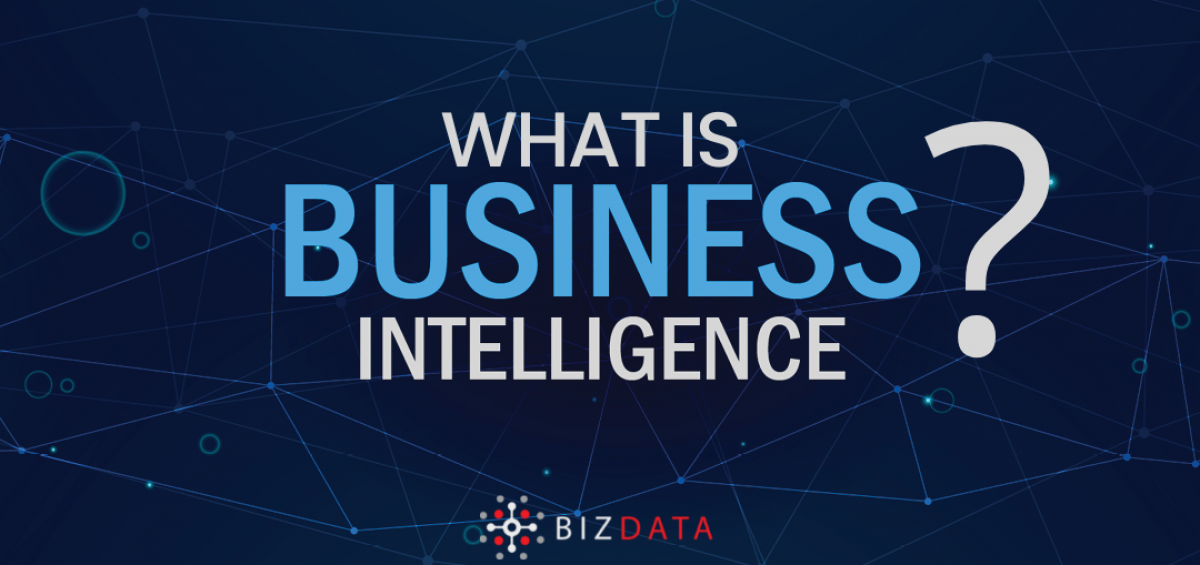Business intelligence is a process that helps organizations to make better decisions by analyzing data and identifying trends. Data analytics is a key part of business intelligence, and it helps organizations to understand their customer base, assess risks, and make strategic decisions. Augmented data analytics is a newer approach that combines data analytics with artificial intelligence (AI) and machine learning to provide even more insights.
Business intelligence tools provide users with easy-to-use interfaces that allow them to quickly query and visualize data from multiple sources. With BI, enterprises can track key performance indicators (KPIs), identify trends and outliers, and make better-informed decisions about where to allocate resources.
Benefits of Using Business Intelligence:
Business intelligence (BI) is all about making better business decisions. The goal of BI is to give organizations the ability to make more informed, data-driven decisions that will improve their bottom line.
There are many benefits that can be gained from implementing a BI solution. Perhaps the most obvious benefit is that it can help organizations make better decisions. With access to accurate and up-to-date information, businesses can avoid making costly mistakes.
Another benefit of business intelligence is that it can help organizations save time and money. By automating tasks such as report generation, businesses can free up staff to focus on more important tasks. In addition, BI tools can help businesses reduce their reliance on external consultants by giving them the ability to do more analysis themselves.
Finally, business intelligence can help organizations improve their customer service. By providing employees with easy access to customer data, businesses can ensure that their staff has the information they need to provide excellent service. In addition, BI tools can help businesses identify trends in customer behavior, which can allow them to proactively address problems and prevent them from happening in the first place.
Let’s Summarize:
• Improve decision making: BI can help you make better decisions by providing accurate and up-to-date information
• Gain a competitive edge: With BI, you can identify opportunities and threats faster than your competition
• Save money: By making better decisions, you can save money on things like inventory, marketing, and more
• Increase revenues: Ultimately, business intelligence can help you increase revenues by improving your decision making and giving you a competitive edge
Use Cases:
Business intelligence can be used for a variety of purposes, from improving customer service to increasing sales. Here are some examples of how businesses are using it:
- Improving customer service: Businesses can use BI to get a better understanding of their customers. This information can be used to improve customer service by tailoring the experience to the individual.
- Increasing sales: By understanding their customers better, businesses can increase sales by targeting them with relevant offers and products.
- Improved decision making: BI can provide insights that help businesses make better decisions. For example, it can help managers understand which products are selling well and which ones need to be improved.
- Fraud detection: BI can be used to detect fraud by looking for patterns in data that indicate unusual activity.
- Better target marketing: BI can help businesses target their marketing efforts more effectively by identifying groups of customers with similar characteristics.
BI Techniques: Advanced or Augmented Analytics
BI includes a wide variety of tools and techniques, from traditional data warehousing to more modern approaches like artificial intelligence (AI) and machine learning. There are many ways to approach BI, but one of the most popular methods is to use advanced data analytics. This involves using sophisticated software to analyze large data sets and identify patterns and trends.
Another common approach is called augmented data analytics. This involves combining data from multiple sources, including both internal and external data, to get a more complete picture of what’s going on. Both of these approaches can be used to help organizations make better decisions about their businesses. However, they each have their own strengths and weaknesses, so it’s important to choose the right approach for the specific problem you’re trying to solve.
How Goldfinch Analytics Business Intelligence Help Your Company Grow:
BI tools and techniques include advanced data analytics, augmented data analytics and artificial intelligence (AI). Such that Goldfinch Analytics a BI full-stack cloud-native, self-service advanced analytics decision support platform by Bizdata for Enterprise leaders and Business users. It connects to any data source or system and helps in deriving insights, visualizations without any programming knowledge. Goldfinch Analytics gives you power to scale advanced analytics across the enterprise by enabling real-time data analytics for Field Sales, IoT streaming, Digital Marketing, Security Anomaly detection, Fraud and waste, and Risk Management.
Business intelligence can help businesses improve their performance in a number of ways, including:
• Increasing operational efficiency
• improving marketing and sales
• Enhancing decision making
• Identifying new business opportunities
• Reducing costs
• increasing customer satisfaction
Business intelligence is an essential part of any business today. It can help businesses gain a competitive advantage and make better decisions.
Conclusion:
As you can see, business intelligence is a broad term that covers a lot of ground. At its core, though, business intelligence is about using data to make better business decisions. By understanding your data and using it effectively, you can give your business a real competitive edge.
There are a lot of different tools and techniques that you can use to get started with business intelligence. The important thing is to find the right approach for your needs. Don’t be afraid to experiment and try out new things. With the right business intelligence in place, you can take your business to the next level.






